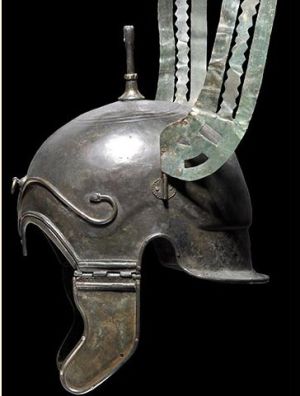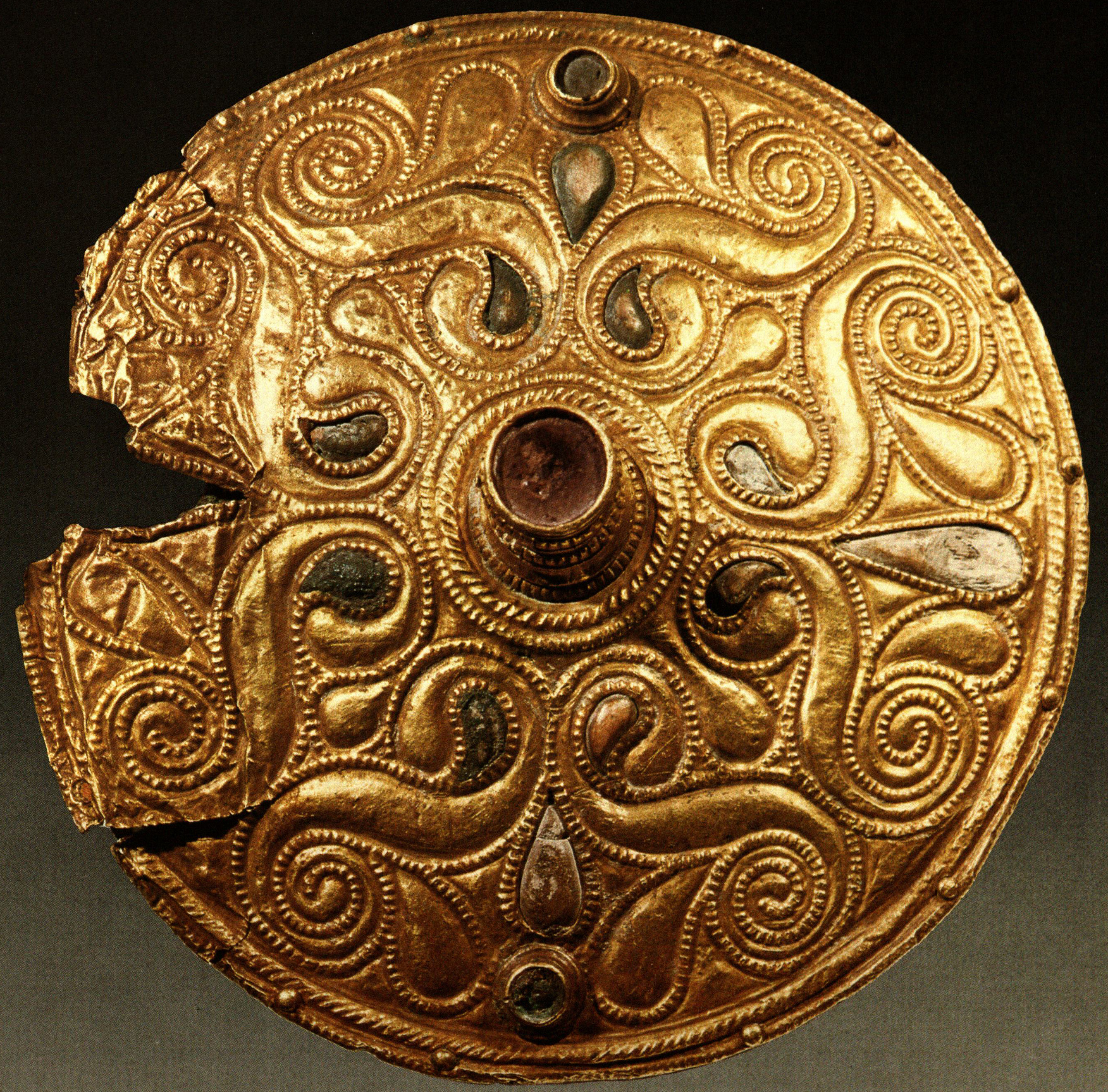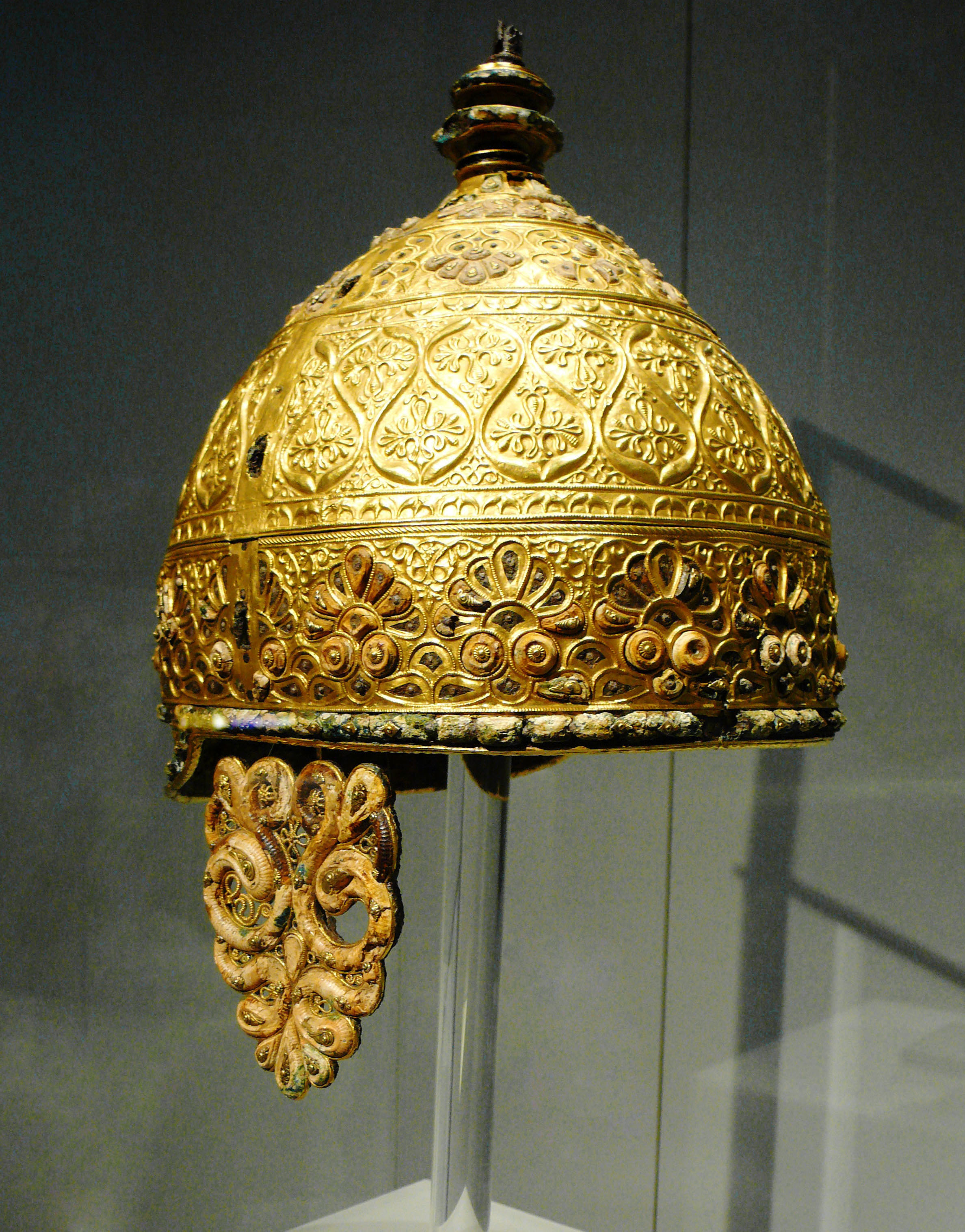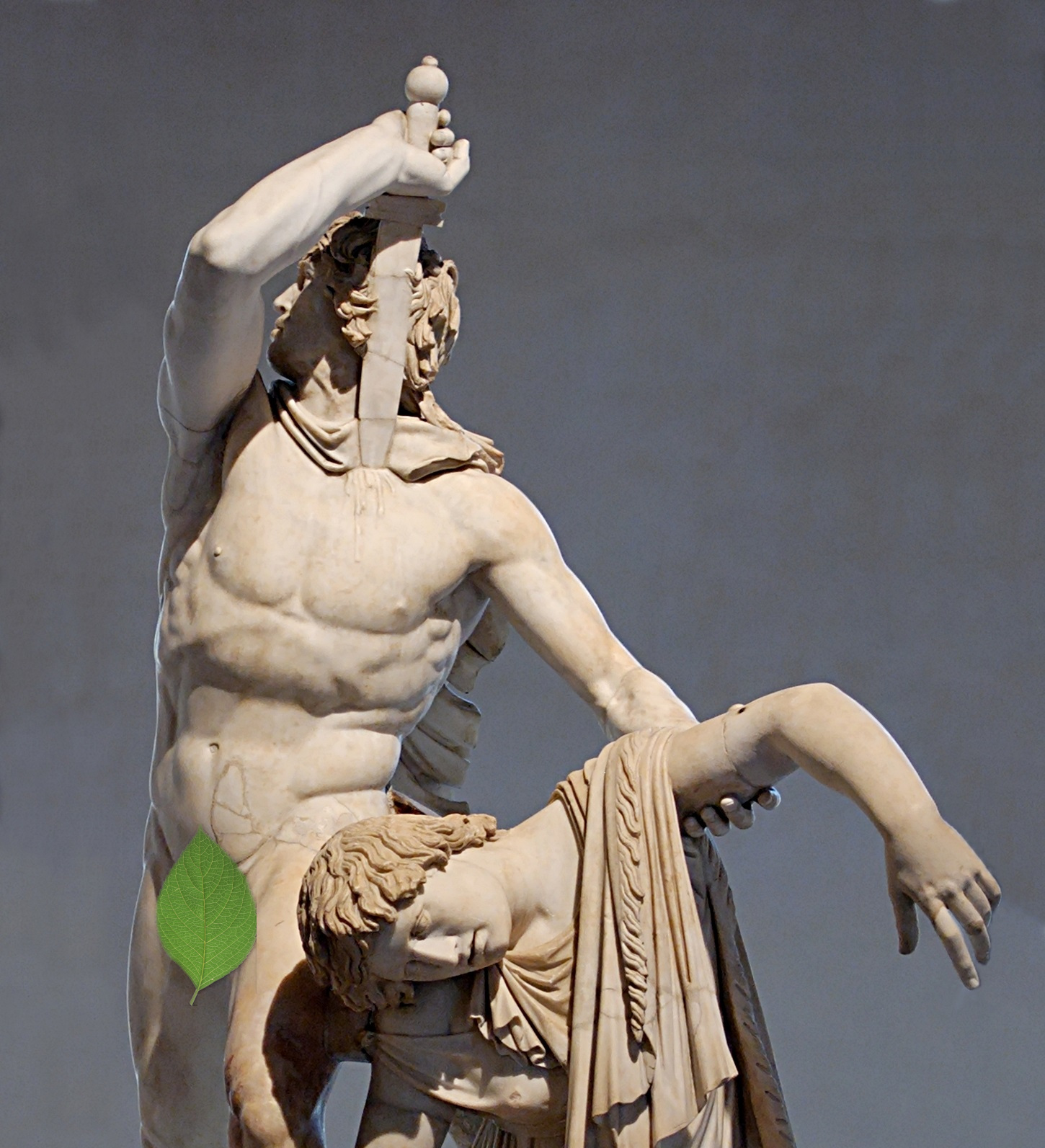We quite often hear of the positive influence of the Romans, including lots of infrastructure and allowing global influences to spread and merge within the empire.
Watching this long ass Seminar on the Celts (was in Spanish) they showed that in the ''Celti-iberos'' population there was 245,000 - 450,000. Which had me thinking and something clicked in my head.
Keep those numbers in mind.

During the Germanics Cimbrian '' War ''
You had the Migrations of peoples some warriors but mostly of children, women, elderly, peasants, farmers, dogs, cattle etc the variances obviously depending on the tribe. Which resulted in 340,000 killed and 150,000 enslaved of Germanic and Celtic folks.
During the Gallic Wars
1,000,000 Celts killed in battle and another 1,000,000+ Celtic innocent people captured and enslaved, Over 800 highly populated Towns & Settlements (which eventuate into Cities) absolutely destroyed and 430,000 Germani folks killed. Sacred groves everywhere decimated, priestess and worshipers slaughtered.
That's a Mass Genocide.
During the Punic Wars
The Middle-East Powers ( Update : I'm just going by what Roman sources say they originated) collided, like a blackhole bringing everyone else around them into it. This wasn't just a Clash of Culture but, for the first time we see Mesopotamia style Imperialism brought into the West.
The Largest recorded Death tole in BCE wikipage history, there was 1,250,000–1,850,000 killed.
Image shows the peak of this power play conflict.

(that data from wiki)
https://en.wikipedia.org/wiki/List_of_wars_by_death_toll#:~:text=Ancient wars War ,Central Asi ... 12 more rows
Now, at a time when World Population was no where near what it is...
Despite the Greco - Roman scholars claim, I'm starting to think that may have not been necessary. That those Roman Settlements were actually built on top of previous ones burnt down, only now with a lot less filthy barbarians to maintain.
Watching this long ass Seminar on the Celts (was in Spanish) they showed that in the ''Celti-iberos'' population there was 245,000 - 450,000. Which had me thinking and something clicked in my head.
Keep those numbers in mind.

During the Germanics Cimbrian '' War ''
You had the Migrations of peoples some warriors but mostly of children, women, elderly, peasants, farmers, dogs, cattle etc the variances obviously depending on the tribe. Which resulted in 340,000 killed and 150,000 enslaved of Germanic and Celtic folks.
During the Gallic Wars
1,000,000 Celts killed in battle and another 1,000,000+ Celtic innocent people captured and enslaved, Over 800 highly populated Towns & Settlements (which eventuate into Cities) absolutely destroyed and 430,000 Germani folks killed. Sacred groves everywhere decimated, priestess and worshipers slaughtered.
That's a Mass Genocide.
During the Punic Wars
The Middle-East Powers ( Update : I'm just going by what Roman sources say they originated) collided, like a blackhole bringing everyone else around them into it. This wasn't just a Clash of Culture but, for the first time we see Mesopotamia style Imperialism brought into the West.
The Largest recorded Death tole in BCE wikipage history, there was 1,250,000–1,850,000 killed.
Image shows the peak of this power play conflict.

(that data from wiki)
https://en.wikipedia.org/wiki/List_of_wars_by_death_toll#:~:text=Ancient wars War ,Central Asi ... 12 more rows
Now, at a time when World Population was no where near what it is...
Despite the Greco - Roman scholars claim, I'm starting to think that may have not been necessary. That those Roman Settlements were actually built on top of previous ones burnt down, only now with a lot less filthy barbarians to maintain.
Last edited:
- 7
- 1





